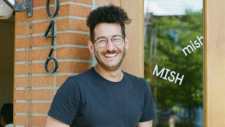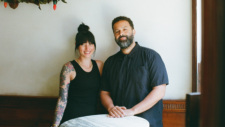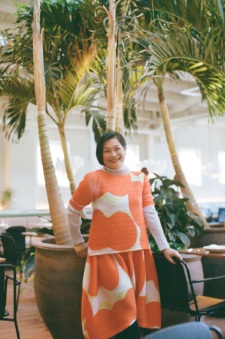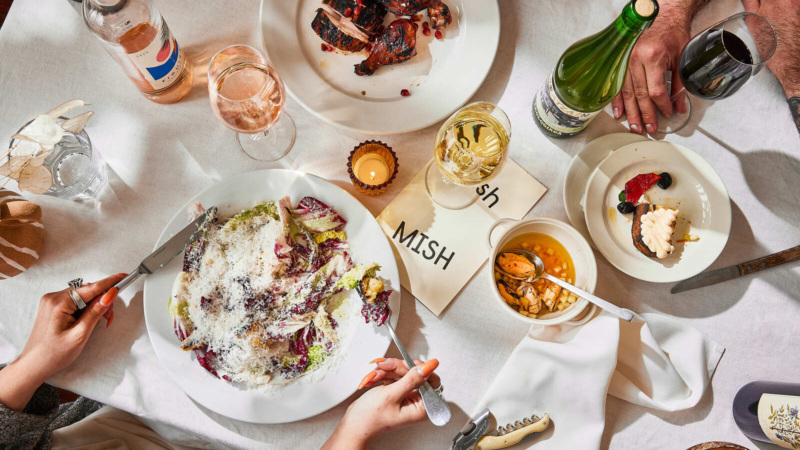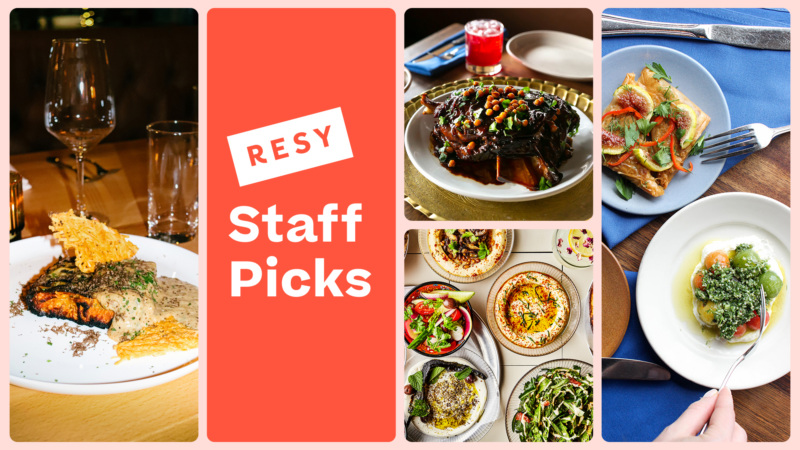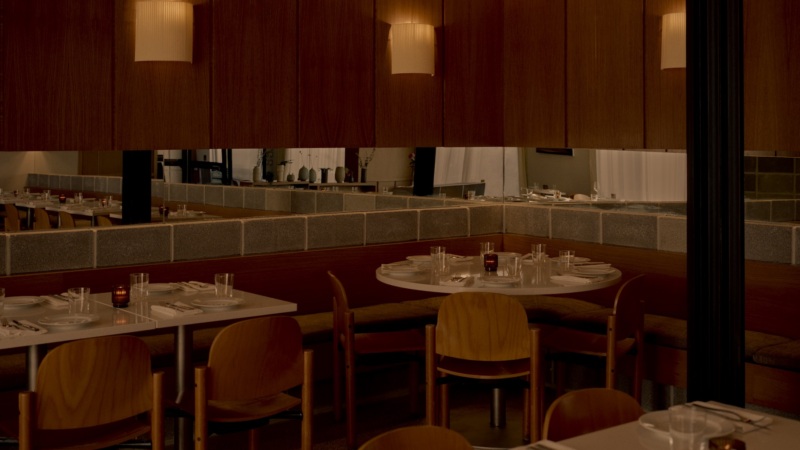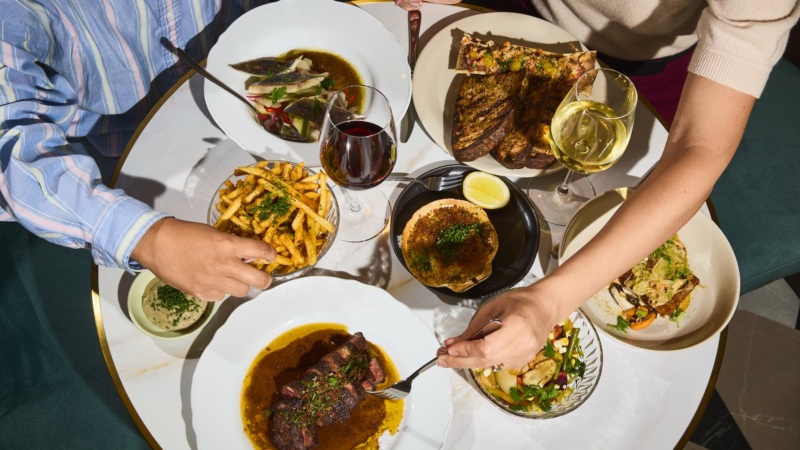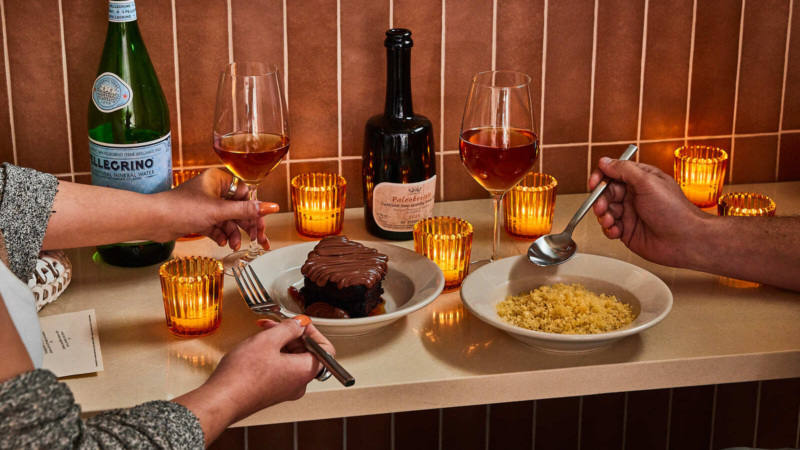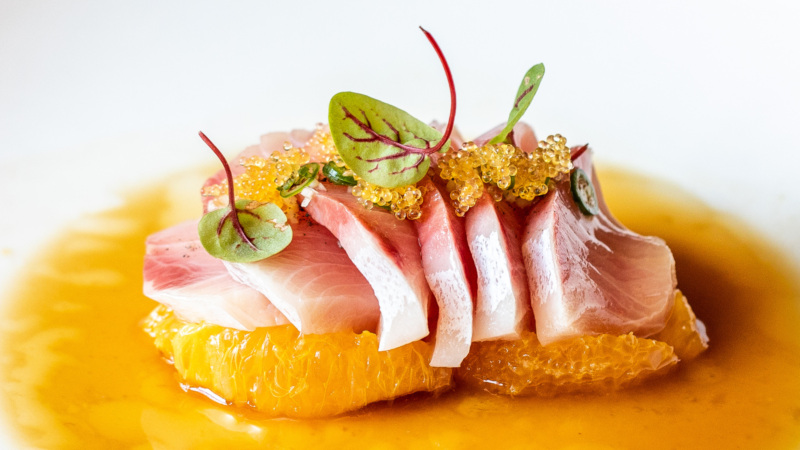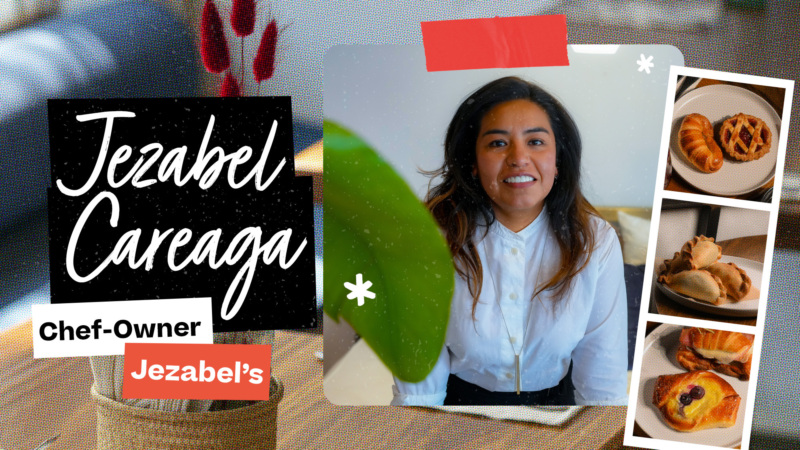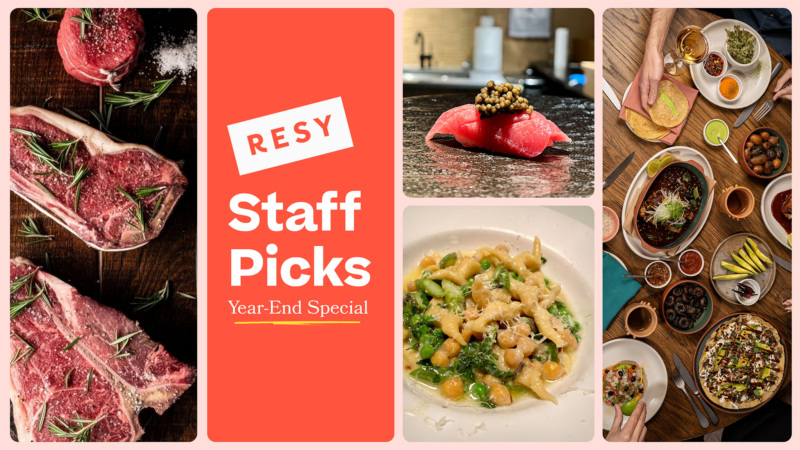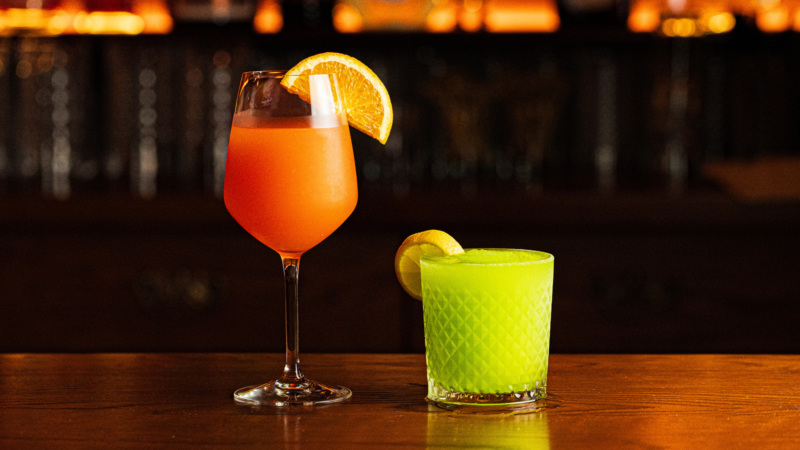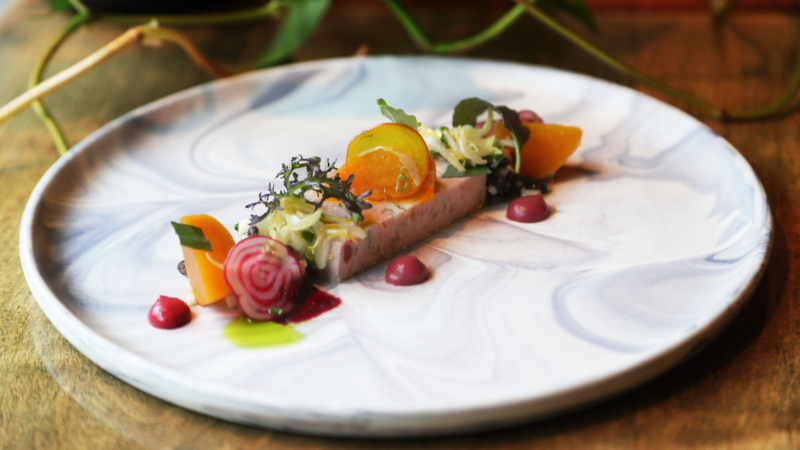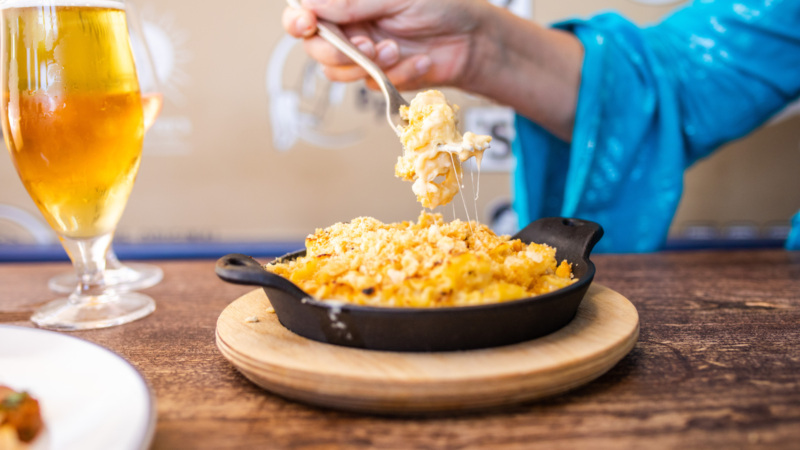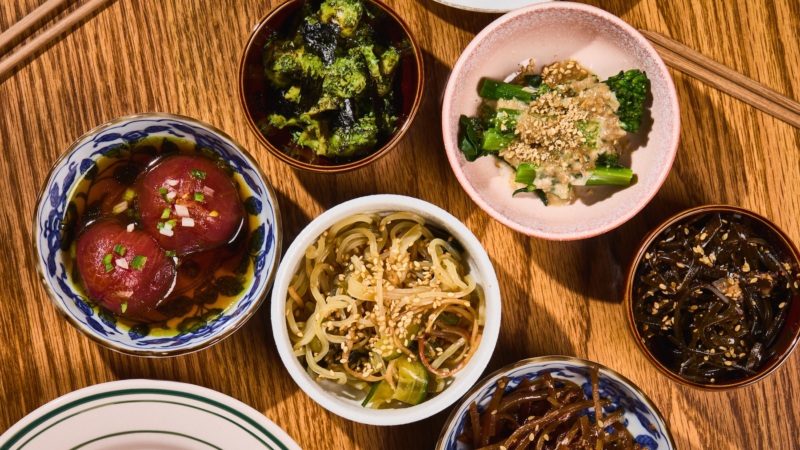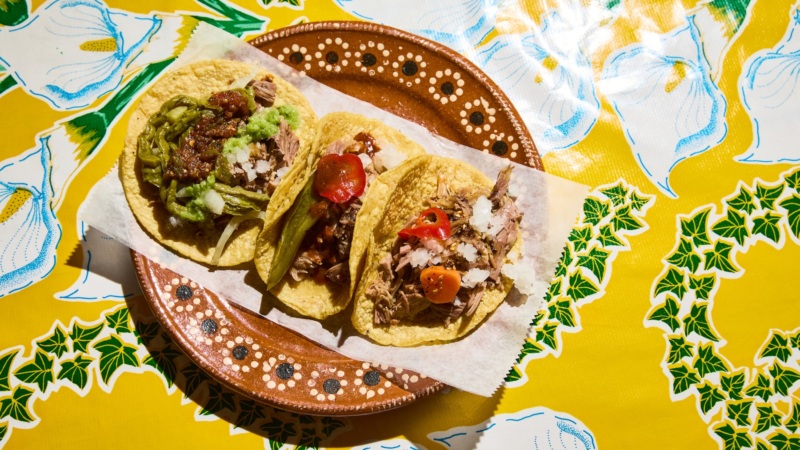
Portraits of Philly: Executive Chef Jason Peabody of Condesa and El Techo
Published:
Coming from South South Philly (Chester, to be exact), chef Jason Peabody has been cooking for nearly 30 years, most recently leading the kitchen at Oloroso before moving south of the border (or west, actually) to be the executive chef of Condesa and El Techo, both near Rittenhouse.
Note: This interview has been edited for length and clarity.
Resy: How long have you been working in restaurants? Have you worked in restaurants in other cities?
Jason Peabody: I’ve been in restaurants for 30 years. I started as a dishwasher and then a busser and I’ve been cooking for 27 years. I started my professional career in Fort Lauderdale for a James Beard chef, Mark Militello. The restaurant was called Mark’s Las Olas. I don’t think it’s there anymore. I went to culinary school in Fort Lauderdale at The Art Institute. That was kind of the how I landed at Mark’s restaurant.
I moved to Florida [from Philly]. My dad lived there, and so before I went to culinary school, I moved there with him for a couple of months, and it was their busy season. It was very much like Anthony Bourdain’s “Kitchen Confidential,” just a bunch of pirates, like grabbing hot sizzle trays with their bare hands. And I was so so in awe of what they were able to accomplish. They were probably doing 600 covers a night at this restaurant. It was insane.
What was it like growing up in Philly?
I grew up in Delaware County. I was born in a city called Chester, and lived in Media, where I went to high school. it’s a very authentic place to grow up.
How did you find yourself back in Philly after Florida?
Everything in this business is through connections and relationships. My garde manger chef instructor at culinary school said, “Hey, if you’re going back to Philly, you have to go work for Jean-Marie Lacroix at The Four Seasons at The Fountain Room.” I went to lunch there with two of my friends from culinary school, and it was absolutely jaw dropping. It was amazing. So I pushed my way into that kitchen, I applied, and they brought me in.


What makes the food scene in Philadelphia different? How does it stand out?
I think that the food scene, like Philly’s personality, shines through everything we do. We feel like we’re constantly underrated as the underdog and, you know, we just kind of go at everything with a chip on our shoulder.
It’s a very eclectic scene as well; you can find the best version of any cuisine, from Italian and vegan bistro to Malaysian on the same block, which I think is really special and unique to Philly.
What are you excited about eating and drinking right now? Where are you going out when you have a night off? Whose work is inspiring you?
It’s winter, and it’s cold, so I’m usually looking for very comforting foods, soups, noodles, stews, places like Café Nhan, they’re the best for stews and phở, and Mawn; I’m definitely trying to get back into Mawn, and it’s impossible to get a reservation there. So Phila [Lorn, chef and owner], if you’re reading this, can I get a table for two or a milk crate in the kitchen?
I think Liz [Grothe] at Scampi is also crushing it, and I can’t wait to get back there. She’s also a really good friend of mine, and so to watch her rise in the Philly food scene is really special.
If I’m going out having a night off where I have the opportunity to step out early, I’m looking for something a little more elevated. I’m going to My Loup or Her Place Supper Club; they’re right near here, just a few blocks away. Or Michael [Vincent Ferreri] at Irwin’s. Those teams are so good. They make the kinds of meals that make me question every choice that I’ve ever made as a chef, you know, in the best way possible.
Philadelphia is blowing up. There are more than 100 new restaurants set to open in the city this year. How do you think that will change the industry? What do you hope changes from that growth and what do you hope stays the same?
I think it’s just going to continue to drive that underdog mentality where we provide hospitality with a chip on shoulders. I think it’s going to push everyone a little bit harder to attract new or keep their current customers.
I hope that the cream continues to rise to the top. I would also really hope that we keep our identity. We’re known as a city of brotherly love, but also we’re known for being a bit scrappy and rough around the edges. And I wouldn’t want to see these new 100 or more restaurants, maybe with places in other cities, like New York, or wherever they could possibly come from, to polish off those edges and take away that thing that makes the Philly food scene so very special.
What do you think the city needs more of and less of as all this development happens?
I think that I’d like to see more South American and Latin representation in the city, and more elevated Guatemalan or Venezuelan or Peruvian cuisine. A great example of this is what Yun [Fuentes] is doing over at Bolo; he’s taking that Puerto Rican and Latin cuisine to the next level. I mean, I think it’s great to have this street food or comfort food represented from these cultures, but I think there’s so much more, and we haven’t even really begun to scratch the surface here. We went through this era where we experienced elevated Mexican cuisine, and now I think it’s time to celebrate more of these other countries, cuisines, and cultures, and also more mom-and-pop restaurants with a connection to the city.


How do people in the food community show up for one another these days? Where are you seeing the community coming together and how?
I think the Philly food scene is kind of taking this broader shoulders approach; together, we can go further and accomplish more, so we support each other’s projects by hosting collaboration dinners for chefs who are trying to find their way or they have a project in the pipeline and really want to get established. We are very supportive of each other that way. When someone’s popping up, you can find a ton of industry folks, chefs, bartenders, servers, even restaurateurs at every single one of these events, supporting with their dollars or offering feedback, and sharing contacts to help these folks move along.
There’s also the independent journalism in Philadelphia. I think a perfect example of this would be what Eli Kulp just did with The Tasties. It was the first one, and it was really great. And just having that pipeline of collaboration and connection, not necessarily with influencers or mass media, but this place where the community can come together and just kind of celebrate each other is really great.
What are you focusing on right now that has you excited? Anything new in the works?
Spring is around the corner, so that’s got me really excited. I’m going to meet with some small farmers and see what they can produce for us, and talk about some of the spring and summer crops. At Condesa, [chef] Nick Kennedy’s mom grows heirloom Mexican herbs and produce for us, which is really cool.
I’ve only been a Condesa for three months, so still very excited about reimagining kind of what the cuisine is at Condesa; I’m also learning a ton about the cuisine. I’m drawing from my Spanish experience with dishes like Mexican paella; I just spent six-and-a-half years trying to perfect the Spanish version of it. [Peabody laughs] So, learning a new version that would be fun, and learning how these two cultures and cuisines have had an impact on each other has got me pretty fired up.
Clay Williams is a Brooklyn-based photographer whose work takes him across the country and beyond, documenting stories of food, culture, and community. Follow him at @ultraclay.
Resy Philadelphia Editor Deanna Ting contributed to this article.
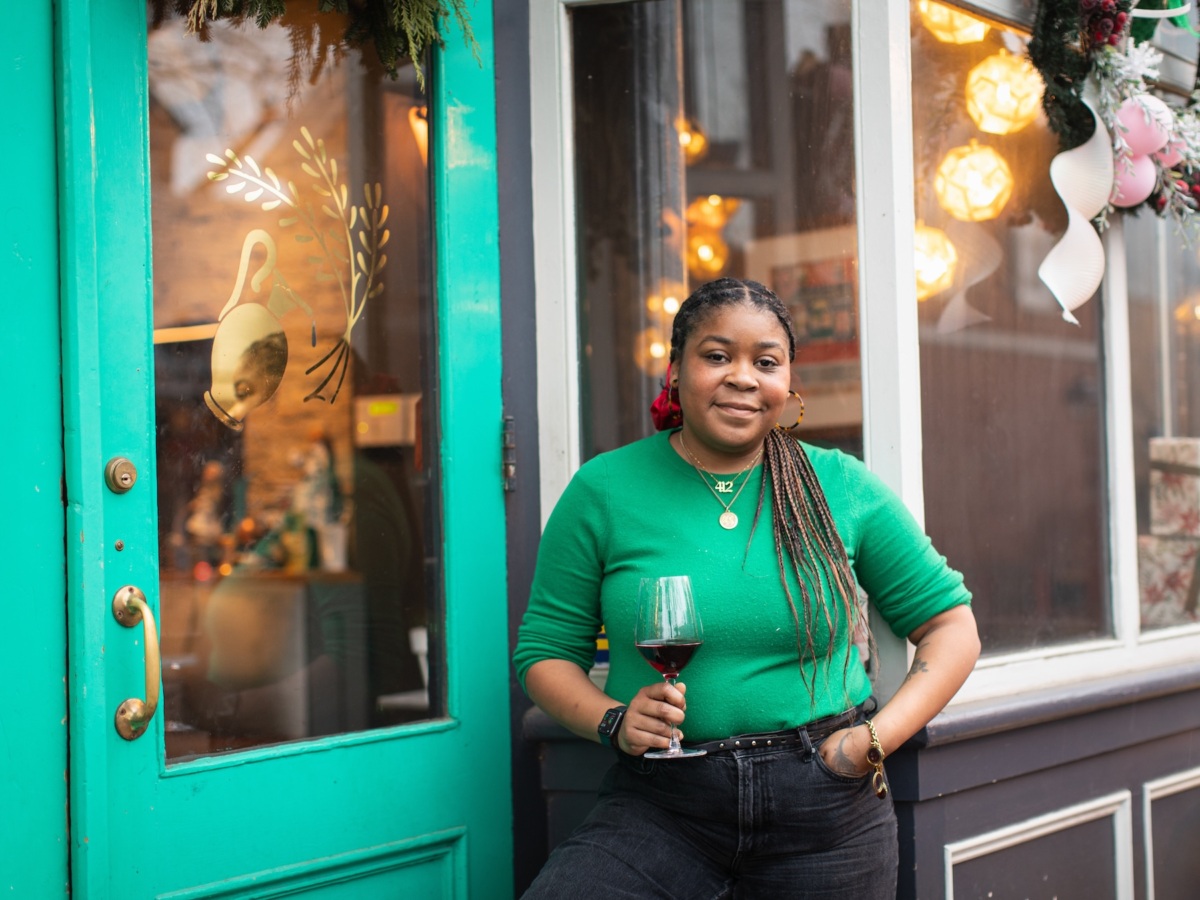
Resy Presents: Portraits of Philly
In this series of portraits and interviews, photographer Clay Williams gets to the heart of the ever-changing Philadelphia restaurant scene by capturing the stories of the people behind it.







